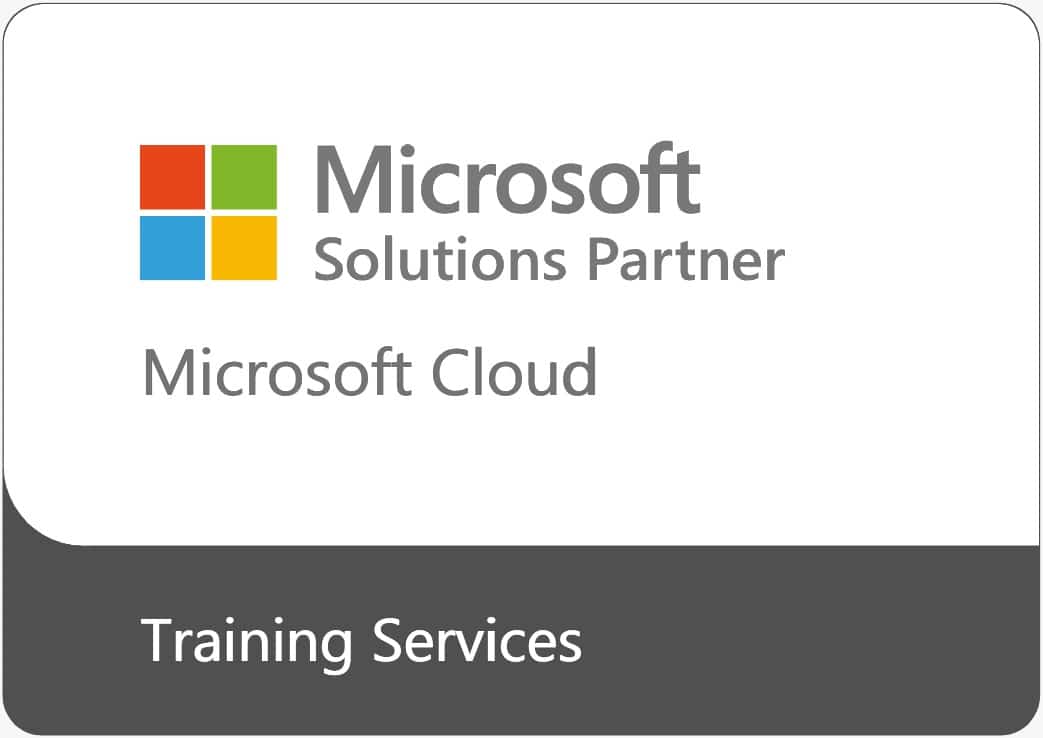This learning path prepares you to complete the Dynamics 365 customer experience analyst challenge project and validate your skills. You should have already completed the following modules as part of the MB-280: Dynamics 365 Customer Experience Analyst course series. If you haven’t, it’s recommended that you take some time to complete these modules before beginning the challenge project.
-
Dynamics 365 Customer Insights helps organizations deliver exceptional experiences personalized to every customer. In this course, students will learn how to work with key features of Customer Insights – Data and Customer Insights – Journeys. First, students will learn about the business value of using a customer data platform. They will ingest data into Customer Insights – Data, create unified customer profiles, and create segments to help target specific audiences.
Then, students will build impactful and personal experiences using Customer Insights – Journeys. They will create marketing assets like emails and text messages and deliver them via segment- and trigger-based journeys. This course is part of a four-course series (MB-280T01-T04) aligning to the MB-280 certification exam.
-
Dynamics 365 Sales helps accelerate sales teams’ efforts with relationship-building tools and AI-driven insights. In this course, students will learn how to configure and leverage Dynamics 365 Sales to set sales teams up for success. First, students will set up and configure lead and opportunity management strategies. Then students will organize their product catalog and process sales orders. Finally, students will leverage relationship selling features, the Sales accelerator, and Sales Insights.
In this course students will also learn how to set up and deploy Microsoft Copilot for Sales, a productivity tool to help sellers inside and outside Dynamics 365 Sales. This course is part of a four-course series (MB-280T01-T04) aligning to the MB-280 certification exam.
-
With model-driven apps, organizations can customize their user experiences with little to no code and create powerful applications that empower their users and increase productivity. This course is designed to help students learn the skills necessary to configure the Dynamics 365 customer experience model-driven apps, which include Dynamics 365 Sales and Dynamics 365 Customer Insights.
In this course, students will learn how to create tables and columns, work with Microsoft Dataverse, and configure the user experience inside a model-driven application. This course is part of a four-course series (MB-280T01-T04) aligning to the MB-280 certification exam.
-
Learn how to implement GitHub Actions and configure Azure Load Testing to automate testing app deployments.
-
Learn how to accelerate app development by using GitHub Copilot and GitHub Copilot Chat in a Visual Studio Code environment.
-
This learning path explores how the Azure AI and Azure Machine Learning Services integrations provided by the Azure AI extension for Azure Database for PostgreSQL – Flexible Server can enable you to build AI-powered apps.
Discover opportunities in Malaysia’s growing digital economy. With billions of dollars invested by global tech giants like AWS, Microsoft, Google, and Oracle, Malaysia is rapidly emerging as a hub for digital innovation. The demand for certified Data and AI professionals has never been higher, making it the perfect time to elevate your career.
Explore the top Data and AI certifications for 2025. Be the professional businesses are searching for—get Data & AI certified today!
-
In this learning path, you’re introduced to Azure Arc-enabled servers. You’ll cover Arc-enabled server deployment, updates to Arc-enabled servers using Azure Update Manager and configuring Microsoft Defender for Cloud for Azure Arc-enabled servers.
-
This learning path helps prepare you for the APL-1008 Administer Active Directory Domain Services modern credential. You’ll learn how to create, deploy, and maintain an Active Directory Domain Services environment.
-
In this learning path, you prepare for the Applied Skill, Deploy and administer Linux virtual machines on Microsoft Azure.
-
This learning path prepares you for the task of developing data-driven applications by using Microsoft Azure SQL Database.
You’ll learn how to create and configure an Azure SQL Database, build and deploy database projects using GitHub Actions and Azure Pipelines, and automate the publishing process. Additionally, you’ll explore how to use Data API builder for Azure SQL Database and develop a data API with Azure Web Apps and Static Web App.
Furthermore, you’ll gain skills in importing data via an external REST endpoint, exporting data using an Azure Function, and securing an Azure SQL Database. These essential skills will empower you to effectively develop and manage applications using Azure SQL Database.
-
Azure Database for PostgreSQL is a Platform as a Service database service in the Microsoft cloud. It bases itself on the PostgreSQL open-source relational database and includes built-in high availability, automatic backup and restore, as well as comprehensive security features. The pay-as-you-go pricing model provides predictable performance and near-instant scaling.
In this learning path, you learn the main features of PostgreSQL and how they work in Azure Database for PostgreSQL. You learn about the different Azure Database for PostgreSQL implementation options, and how to configure a server for your needs.







